Seastex upcycles mussel waste into ‘seawool’ – a recyclable, biodegradable textile offering a green alternative to synthetics
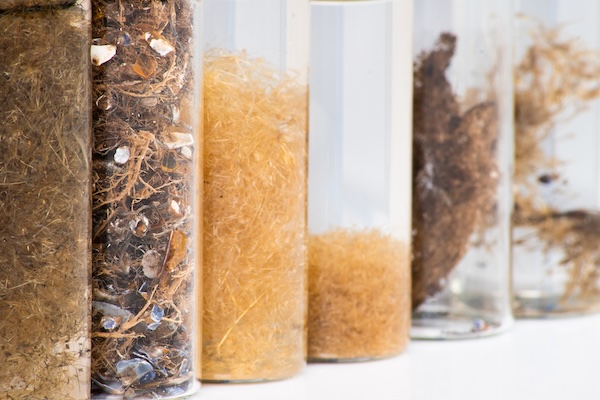
Scottish startup Seastex is transforming mussel farming waste into “seawool,” a biodegradable, recyclable textile made from mussel byssus – the tough, thread-like fibers mussels use to cling to rocks and ropes. The innovation could offer a potential sustainable alternative to synthetic materials in construction and design.
“The idea for Seastex came to me after watching a documentary on mussel farming, where I noticed de-byssing machines cutting off the beards during the cleaning process before the mussels were bagged and sent to stores,” said Sander Nevejans, CEO and founder. “Until that point, byssus has never been used as a textile material. However, a similar material, ancient Sea Silk – made from the byssus of the noble pen shell, a type of clam – was once woven into garments for nobility and religious leaders around the Mediterranean over 2,000 years ago.”
After cleaning, the mussel beards are dried and transformed into what Seastex calls “seawool”— a chemical-free, recyclable material that’s lightweight and naturally fire retardant. The company’s first product, an acoustic panel for soundproofing in construction, debuted at the London Design Fair in 2023.
“The plan is to significantly expand the range of applications for our seawool over the next decade, but at the moment, we are particularly interested in acoustic applications for building,” said Nevejans. “Using a bio-based material could help to transform the carbon footprint of insulation compared to the likes of glass wool, rock wool and petroleum-based products, which can also be tricky to work with. Once an interior needs refurbishment, our products can be easily renewed and the material recycled, as no synthetic glues or bonding agents are used in seawool – it can be reused time and time again.”
Seastex plans to grow from a two-person team to 40 over the next five years from its new base in East Glasgow. Partnering with Scottish cooperatives, it’s securing around three tons of mussel byssus each week to fuel production. A prototype line is already in place, and with support from the Industrial Biotechnology Innovation Centre (IBioIC), the company aims to scale up fully by 2026.
“As the Sea Silk industry overseas has all but disappeared – due to overfishing, the decline of seagrass beds and a bacterial outbreak causing a mass die-off of the now endangered noble pen shell,” said Nevejans. “The ambition is to collaborate with shellfish producers to reimagine this material for the 21st century, reviving and preserving a part of this ancient craft. Moving to Glasgow is a critical step in our growth plan and brings us closer to the essential supply chain that can ensure access to even more mussel beards to turn into new products.”
A record-breaking 10,000 tons of mussels were produced in Scotland in 2023, with estimates suggesting up to a third would have been discarded as waste, often ending up in landfill. Waste products typically include mussels deemed unsuitable for sale due to shape and size, cracked shells, contamination by wastewater, algae, sediment and the inedible byssus threads.
“Increased development and adoption of bio-based materials will be a key part of Scotland and the UK achieving net zero, and Seastex is a great example of a startup making significant progress in that area,” said Dr. Liz Fletcher, director of business engagement at IBioIC. “The feedstock used by the business is typically considered waste, but for the construction and textiles sector it could be incredibly valuable for its green credentials. We look forward to supporting Seastex to scale up and see the material used in even more settings.”
Now that you've reached the end of the article ...
… please consider supporting GSA’s mission to advance responsible seafood practices through education, advocacy and third-party assurances. The Advocate aims to document the evolution of responsible seafood practices and share the expansive knowledge of our vast network of contributors.
By becoming a Global Seafood Alliance member, you’re ensuring that all of the pre-competitive work we do through member benefits, resources and events can continue. Individual membership costs just $50 a year.
Not a GSA member? Join us.
Author
Related Posts
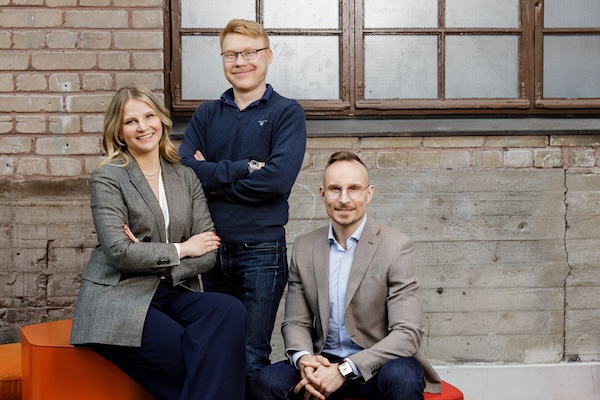
Innovation & Investment
SuperGround to scale food-waste tech that transforms fish scraps and chicken bones into protein
In a funding round led by The Blue Revolution Fund, the Finnish company raises $2.7 million to scale its food waste technology.
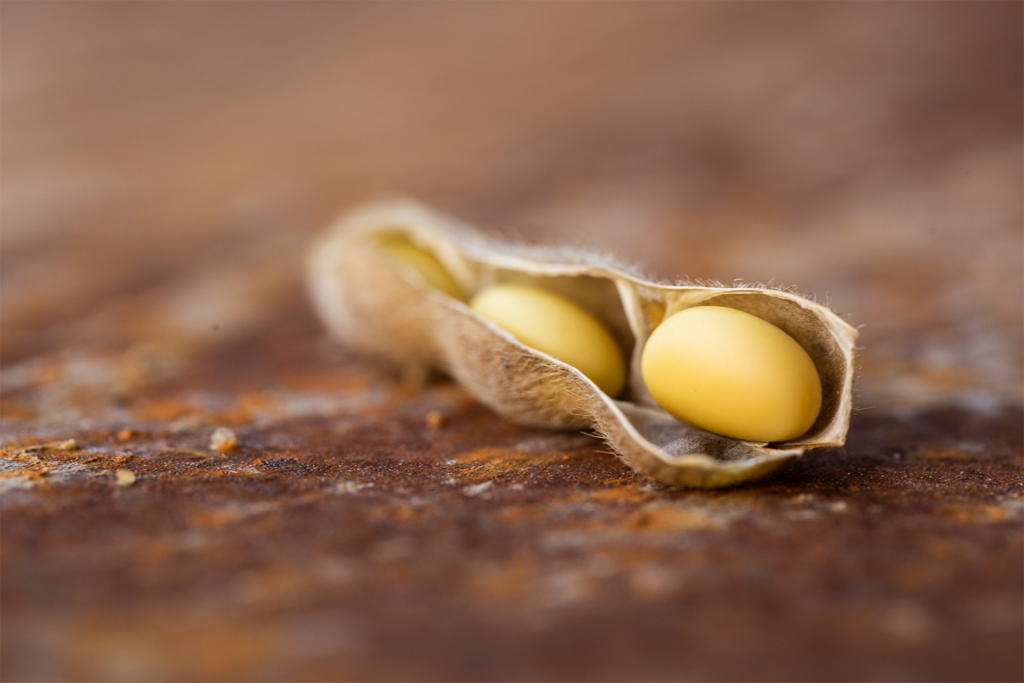
Aquafeeds
Researchers explore a single-cell protein from soybean processing wastewater as an aquafeed ingredient
A microbial community-based protein produced from soybean processing wastewater has potential as a value-added feed ingredient for aquaculture.
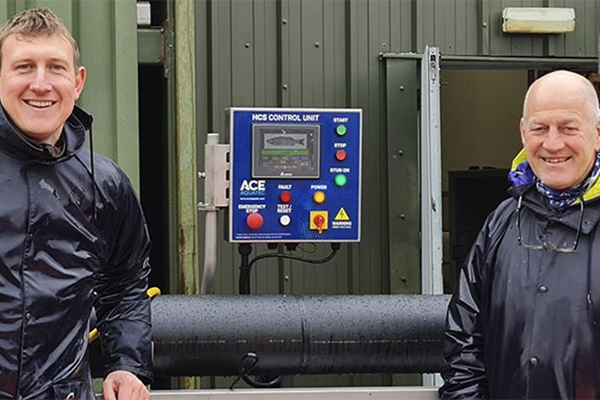
Responsibility
Ace Aquatec and Tiny Fish team up to advance Scotland’s salmon circular economy
Ace Aquatec and Tiny Fish aim to expand premium food markets for small Scottish salmon, enhancing the circular economy.
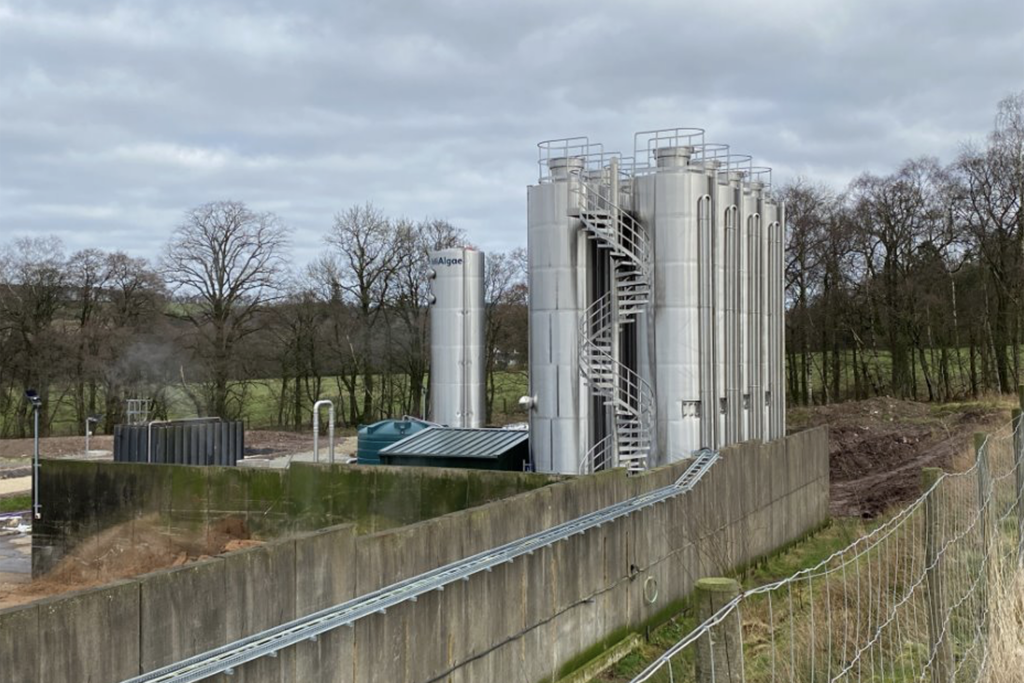
Aquafeeds
It all starts with whisky: Scottish company ramping up microalgae biomass production for aquaculture and pet foods
With a decentralized circular economy approach to microalgae production, MiAlgae is positioned to contribute to the growing basket of alternative feed ingredients.



